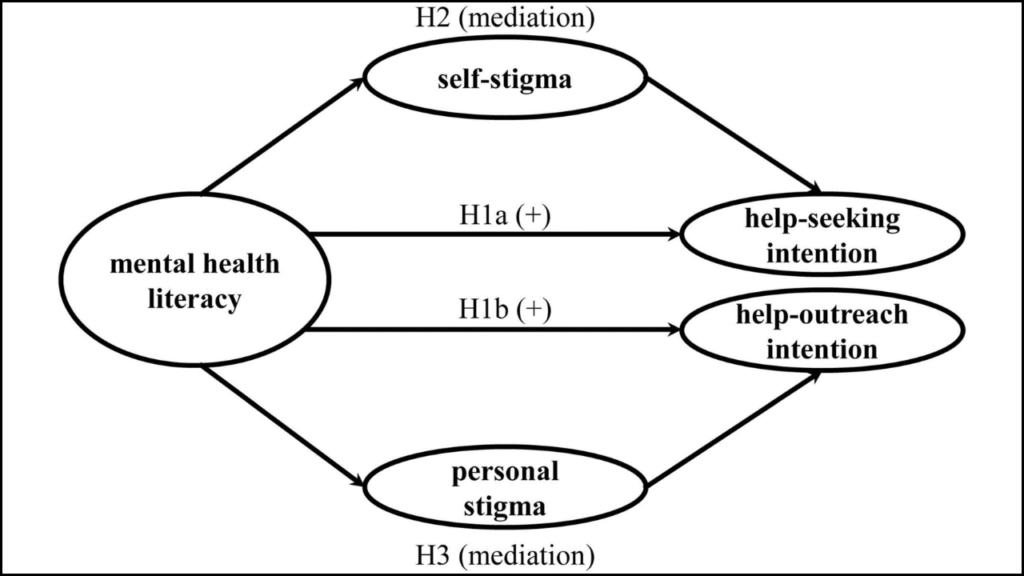
Stigma surrounding mental health and emotional well-being remains a significant barrier for individuals seeking support. Negative perceptions, societal judgment, and personal fears often prevent people from accessing necessary services. Service CC, a dedicated community support organization, has focused its efforts on addressing this stigma. By providing inclusive, confidential, and accessible services, Service CC helps individuals feel safe in seeking help and reduces the negative impact of stigma on mental health outcomes.
Table of Contents
Understanding Stigma in Mental Health
- Public Stigma: Societal attitudes and beliefs that label individuals with mental health challenges as weak or dangerous.
- Self-Stigma: Internalized negative beliefs that cause individuals to feel ashamed or unworthy of support.
- Structural Stigma: Policies and institutional practices that limit access to care or reinforce discriminatory attitudes.
- Consequences: Reduced willingness to seek help, increased mental health deterioration, social isolation, and lower quality of life.
Common Barriers Caused by Stigma
- Fear of Judgment: Worrying about negative perceptions from family, friends, or colleagues.
- Cultural Beliefs: Some communities perceive mental health issues as personal failings or spiritual weaknesses.
- Limited Awareness: Lack of knowledge about available services and the benefits of seeking help.
- Privacy Concerns: Concerns about confidentiality in healthcare and community settings.
How Service CC Addresses Stigma
Service CC employs a multifaceted approach to reduce stigma and encourage help-seeking behaviors.
1. Awareness Campaigns
- Community Workshops: Educational sessions to increase understanding of mental health conditions.
- Media Outreach: Use of social media, podcasts, and public service announcements to normalize discussions on mental health.
- Storytelling Initiatives: Individuals share their personal experiences to reduce misconceptions and encourage empathy.
2. Confidential and Accessible Services
- 24/7 Helpline: Immediate support without fear of exposure or judgment.
- Virtual Counseling: Remote sessions to ensure accessibility for those uncomfortable with in-person visits.
- Mobile Support Units: On-site support in underserved areas to overcome structural barriers.
3. Community Engagement
- Peer Support Networks: Encouraging individuals with lived experiences to mentor and support others.
- Partnerships with Schools and Workplaces: Mental health programs integrated into educational and professional environments.
- Cultural Sensitivity Training: Programs that address the unique needs of diverse communities.
4. Professional Training Programs
- Clinician Workshops: Training mental health professionals to recognize and reduce stigma in their practices.
- Crisis Response Training: Equipping first responders and community leaders to provide supportive, nonjudgmental care.
- Feedback Mechanisms: Gathering community input to improve service delivery and reduce perceived stigma.
Key Impacts of Service CC’s Approach
| Focus Area | Action | Impact |
|---|---|---|
| Awareness | Workshops, media campaigns | Increased knowledge, reduced misconceptions |
| Accessibility | 24/7 helpline, virtual counseling | Higher help-seeking rates |
| Community | Peer networks, school partnerships | Strengthened support systems |
| Professional Development | Clinician and crisis response training | Reduced stigma in service delivery |
| Cultural Sensitivity | Tailored programs | Greater engagement from diverse populations |
Statistical Evidence of Stigma Reduction
- Increase in Help-Seeking Behavior: Surveys show a 25% increase in first-time service users after awareness campaigns.
- Improved Perception of Mental Health Services: Over 70% of participants report feeling more comfortable discussing mental health.
- Enhanced Community Participation: Peer support networks see consistent engagement with over 500 active members in key regions.
Challenges Remaining
- Persistent Cultural Barriers: Some communities continue to associate mental health support with shame or weakness.
- Resource Limitations: Expanding services to rural or low-income areas remains challenging.
- Long-Term Sustainability: Continuous funding is necessary to maintain stigma-reduction programs.
Best Practices and Recommendations
- Integration with Public Health Programs: Partnering with government initiatives to reach wider audiences.
- Use of Technology: Expanding online counseling, chatbots, and mobile apps to increase confidentiality and access.
- Ongoing Monitoring and Evaluation: Regularly assessing program effectiveness to improve strategies and outcomes.
Closing Reflections
Stigma represents a major obstacle in mental health care, limiting individuals from seeking help and receiving support. Service CC’s proactive strategies, including awareness campaigns, confidential services, community engagement, and professional training, have significantly reduced barriers and improved access to care. Continued focus on inclusive, culturally sensitive, and accessible programs is essential for sustaining progress. Organizations like Service CC demonstrate that targeted efforts can transform perceptions, empower communities, and ensure that seeking help becomes a normalized and supported action.





